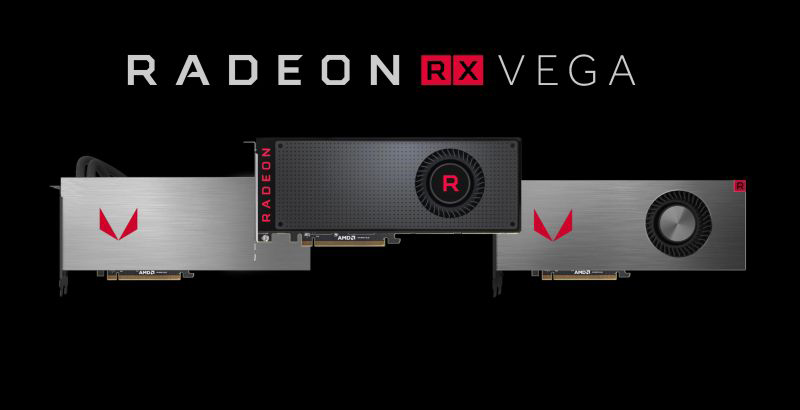Nvidia acknowledged the short supply of graphics cards last week, prompting retailers to step in and prioritise gamers over cryptocurrency miners. Now, AMD has addressed the issue, attempting to solve the problem entirely by ramping up the production of more units.
The root of the short supply of GPUs surrounds the extraordinarily high demand created by cryptocurrency miners who require the high power to create Ethereum and similar online currency. This has caused AMD’s fourth quarter of 2017 to see a year-over-year increase of 34 percent for the company’s revenue, sitting at $1.48 billion, $958 million-worth of which came from AMD’s Computing and Graphics division.
The cryptocurrency market “consuming a lot of GPUs,” says MD CEO and president Dr. Lisa Su. “It’s a good part of our business.” That being said, much of the growth comes from “outside the blockchain market,” as demand is being created in other markets such as gamers.
“The graphics channel is very low, and we’re certainly working to replenish that channel environment,” explains Dr. Su. The availability of graphics cards is “lower than we would like it to be,” and “we are ramping up production.”
Of course, creating more GPUs has been the solution on everyone’s lips for quite some time, but it’s a lot more complicated than it might seem. Not only is demand obscenely high, but it takes months to process orders and a highly intricate procedure to assemble the 16nm/14nm FinFET and AMD itself is facing shortages of both GDDR5 and HBM2 memory.
If those issues aren’t bad enough, there’s a sense of insecurity about ramping up production due to the volatility of the cryptocurrency market. Once there is a big enough dip or an entire crash, used GPUs will flood the second hand market and undercut AMD’s effort to supply its user base with new models. This is exactly what happened to the company last time, as second hand Hawaii (290/390 series) cards destroyed any effort to rebuild the market.
It might be some time before AMD manages to tackle the source of the problem head on, but it is attempting to make GPUs a lot more accessible in the coming months of 2018. In the meantime, some retailers are listening to Nvidia’s advice on taking precautionary measures to prioritise gamers via quantity limits on purchasing new graphics cards among other things.
KitGuru Say: Market stabilisation still seems so far off with regards to graphics cards, but here's hoping that the Red Team can find a way sooner rather than later. Are you currently waiting to purchase a new graphics card? What one do you currently have your eye set on?
 KitGuru KitGuru.net – Tech News | Hardware News | Hardware Reviews | IOS | Mobile | Gaming | Graphics Cards
KitGuru KitGuru.net – Tech News | Hardware News | Hardware Reviews | IOS | Mobile | Gaming | Graphics Cards



